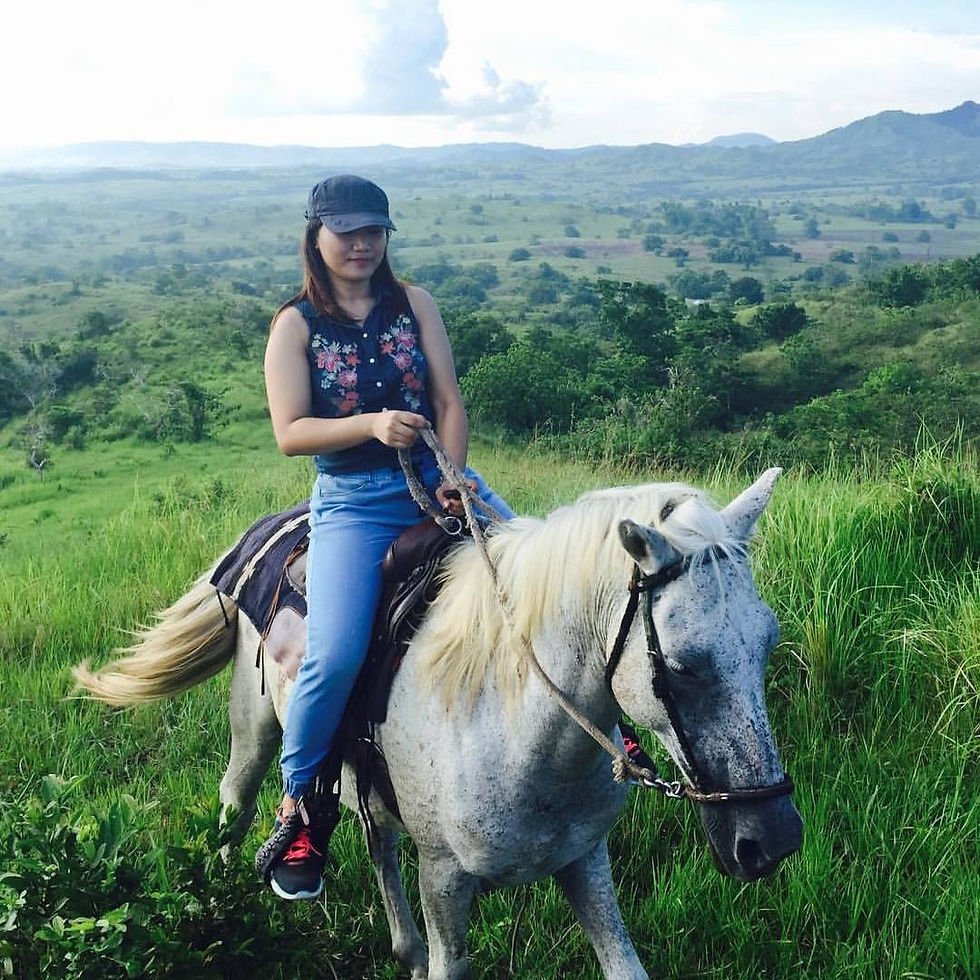The Noble Green Primitive: Fantastic and Problematic
- Athena Charanne R. Presto
- Feb 3, 2019
- 3 min read
My dream world is a world seen in fairy-tale movies. In it there would be trees of different sizes, dashing waterfalls, clear rivers, thriving bio-diversity, and residents who truly embody the cliché of being “one with nature”.
Recently, though, I learned about the concept of the Noble Green Primitive (NGP).
The NGPs are the ones we in the metropolitan area imagine as the agents of conservation. They are construed images of the indigenous people and people living in rural poor communities who we think are different from us. We commonly see them as static figures, frozen in time, unchanging, and not wanting to engage in the things that make up the modern society such as cash economies, advanced technology, and industrialization. They are the ones to whom we award the responsibility of caring for the environment because we think that they would not need—moreso want—to exploit it. They are the people who suffer from the problematic assumption that a fishing and a farming village far away from the city would do well to preserve the beauty of nature.
To this, I admit guilt. I used to think so, too, and I am thankful to have looked beyond the smokescreen that has let me diffuse the responsibility of caring for the environment to other people while at the same time imagine myself as part of a clean and green society.
The NGPs are different from us, and in our own fantasy, we think that this difference makes it legitimate to expect too much from them and too little from us when it comes to environmental preservation. It seems to me that this fantastical conception of the NGP relegates them to a non-being whose only purpose is to live in harmony with nature. This performance of greenness is a responsibility imposed on them without their consent, which becomes doubly constraining when such greenness becomes the condition for granting their rights.
If we look at the social conditions to which the NGPs are subjected to, the responsibility put on their shoulders will scream unfair. These indigenous and rural poor people are provided limited opportunities for socio-economic mobilization. Since we think that their only goal in life is to protect the environment, we shun them away from the kind of development that is prized in the contemporary setting because we think of developmental goals and environmental preservation as the perfect endpoints of a spectrum. If the NGP is for the environment, then they must be against development. This binary thinking of yes-no and black-white is problematic especially because when it comes to conversations on the environment, the people we imagine as NGP tread on gray areas.
This is an Othering that not only has an impact on environmental issues, but also on economic and social issues that plague the Filipino nation today.
Take ecotourism, for example. How can we still imagine that the NGPs do not want to exploit the environment when they are presented with an opportunity to make profit out of nature? How can we, subsequently, expect them to turn down this money-making opportunity when administrative policies and political maneuvers have rendered them invisible and thus, unable to transcend a poor and precarious life? How can we think that caring for the environment is synonymous to their being when we have neglected them in political and economic discussions?
The irony here is that we have thought too little about the plight of the people we consider as NGPs even when they have always been a fantastic staple that have imaginarily assured us of our developmental goals. Another setback is the fact that even when we imagine the NGPs as frozen in time, we expect them to follow the changing climate of modernity. Sometimes, they are as well subjected to the bureaucratic complexities that we do not conceive an NGP to understand. These include expecting them to provide birth certificates, file for various permits, and secure property titles, among others.
The NGPs are the same as us. They are people who at times do not only want, but need, to exploit the environment. They are not different from us and we are not different from them. We are all agents of conservation who need to work in real partnership because environmental responsibilities are not somebody else’s.
One Anthropologist by the name of Dr. Padmapani Perez said, “Being indigenous is caring for the place you are in as if it matters to the future children.” If we follow this logic, then, we can say that we should all be indigenous people—environment is the responsibility all of us should share.




























Comments